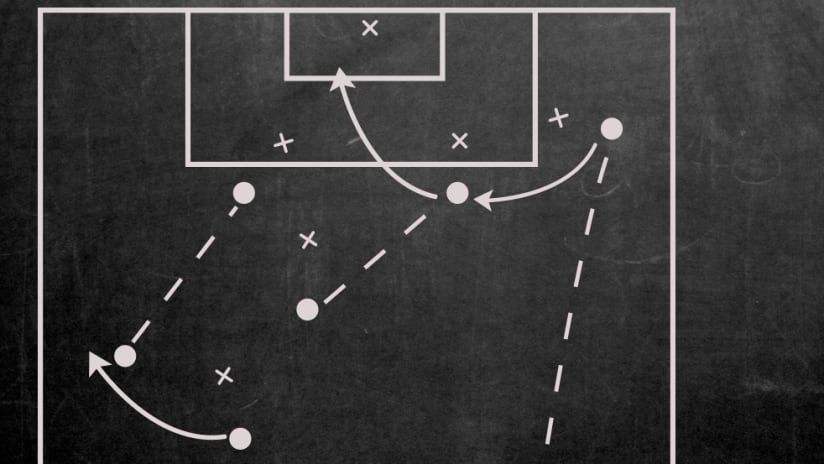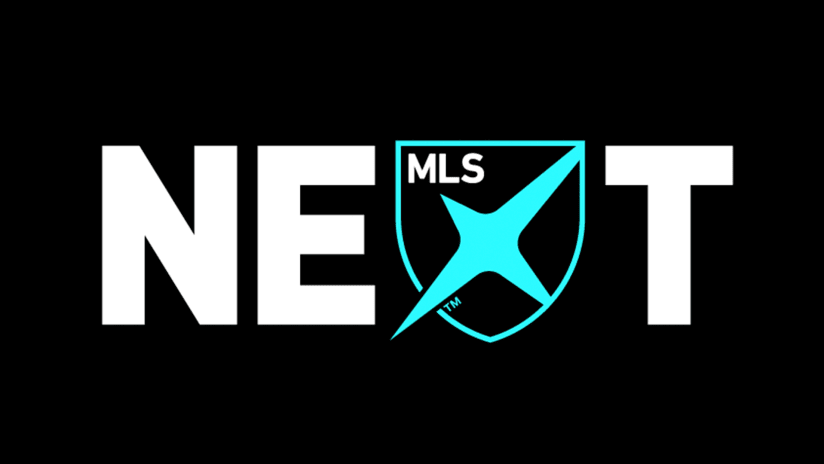FRISCO, Texas—The last two days here at Generation adidas Cup, the Professional Soccer Scouts Association offered a course to get a license as a Scout. The general premise: There are courses to become a better coach; there should be a course to be become a better talent identifier. Scouts, academy directors, academy coaches and even a few General Managers from around MLS packed into a Sheraton conference room to learn tidbits to take back to their clubs.
The course, started and taught by two members of the Manchester United youth coaching ranks, presented a range of topics: scouting youth players to sign into the academy; evaluating professional players to sign to the first team; and advanced team scouting for the first team. The portion that stuck with me focused on the basic framework to consider, which involves breaking down a player’s soccer makeup into five categories:
- Technical
- Tactical
- Physical
- Psychological
- Sociological
One of the main elements of identifying talent, as you’d expect, is grading a player on each category: How well can they pass? How well do they read the game? Given time and resource restrictions, you have to be able to watch a player a few times and decide how they rate. That's the base.
The tougher part comes next. Although you’re breaking a player down by attributes, you need to think about how the pieces fit together. Additionally, you aren't just looking for a player who is good at soccer now; you're looking for a player who is good at soccer in the future, either once he joins your team or once he matures into a professional player.
And therein lies the true difficulty of identifying talent in sports, and the part that separates the winners from the losers.
How can you take the information you have now and predict what will happen in the future?
To do so, you have to make two big decisions, and both are highly personal to how you view the game. First, you have to decide which category matters most to you: Do you prefer players with a lot of skill or would you prioritize a player who is highly competitive? Is there a specific trait you want in your team?
Second, you have to decide which category is the best predictor of future success. For example, physical skills – acceleration, balance, etc. – are vital components of being a good player; you want acceleration and balance. At the same time, when a 15-year-old has good acceleration, will the same player still be fast when he’s 22? Similarly, is a player with talent on the ball in the Spanish league going to have the same time and space to show it in MLS?
Some people in the room prioritized technical ability. They noted that you can’t do anything on a soccer field unless you can control a soccer ball. Other people made a case for physical attributes, particularly for younger players; teams can teach tactics and technique, you can’t teach pace or center of gravity.
One person mentioned there’s actually a threshold point for each category, and even if you value one more than the others, a player needs a certain level at each category to succeed. Another person (… me) argued that we should always prioritize mental attributes. Physical assets and technical skill come and go over the years, but a person’s core human values don’t change; if you have a player who loves the game and hates to lose, those fires will spur everything else.
As you might predict, we didn’t come to any firm conclusions. Yet count me as someone who despises the phrase “There’s no right answer” – in 2018, when we have data for everything, there’s generally a right answer, and it’s just a matter of digging deep enough to find it. That said, the conversation reinforced an important note about the game:
If you don’t have firm vision for what you want, you’re screwed.
There’s too much information and too many variables to organize. The Physical! The Technical! The Psychological! If you try to sort through all of it, you’re going to get lost. You can’t have everything, especially on certain budgets. You have to know how you view the game and how you believe the game should be played and put those traits front and center.
The more you can narrow down what you want, the more detail-oriented you can get when you evaluate player traits. But you can’t do it without a comprehensive – yet specific – idea of what you want from your team and, thus, your players. There’s a reason the teams who are better on the field also often make better signings.
Clarity is, and remains, king.













